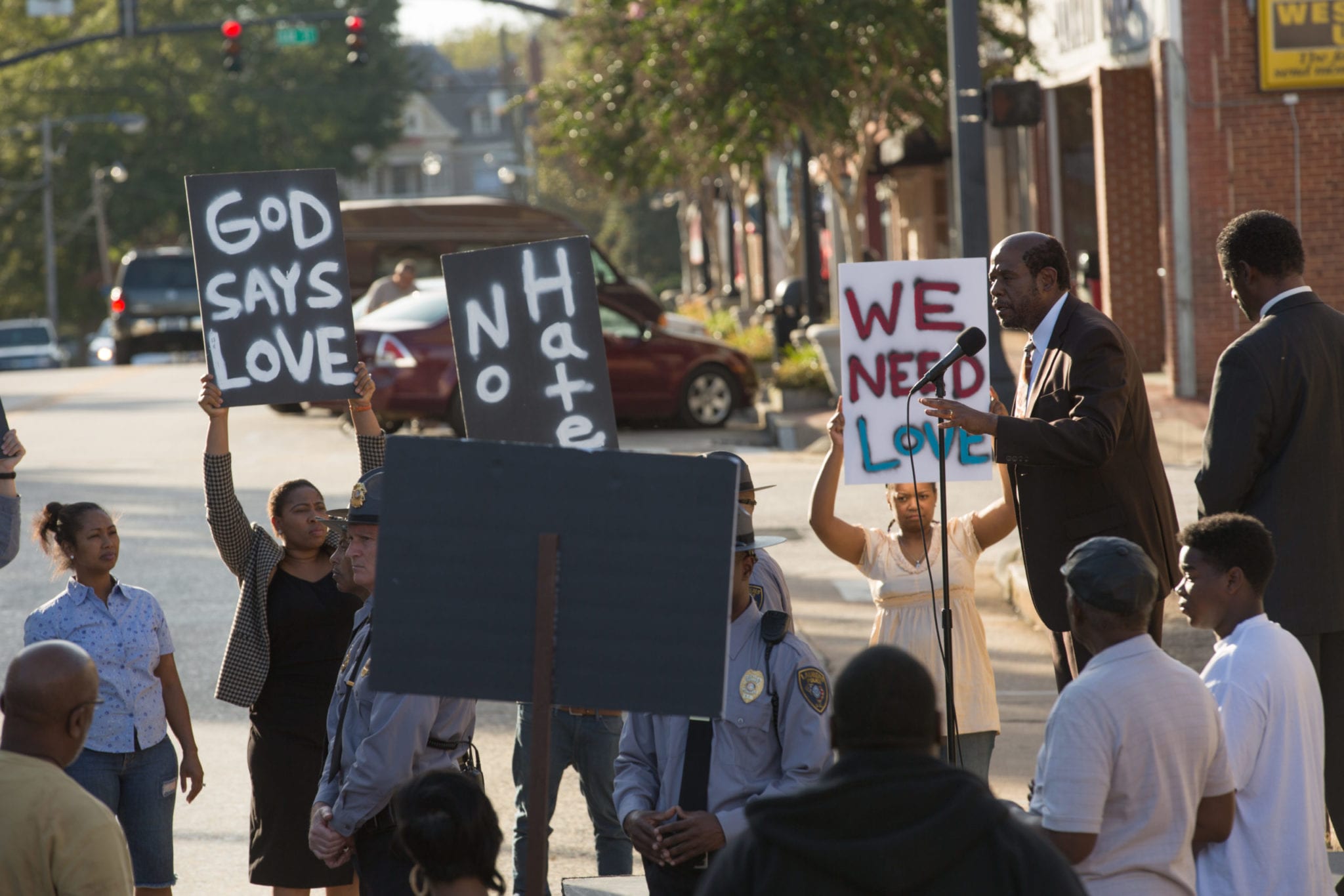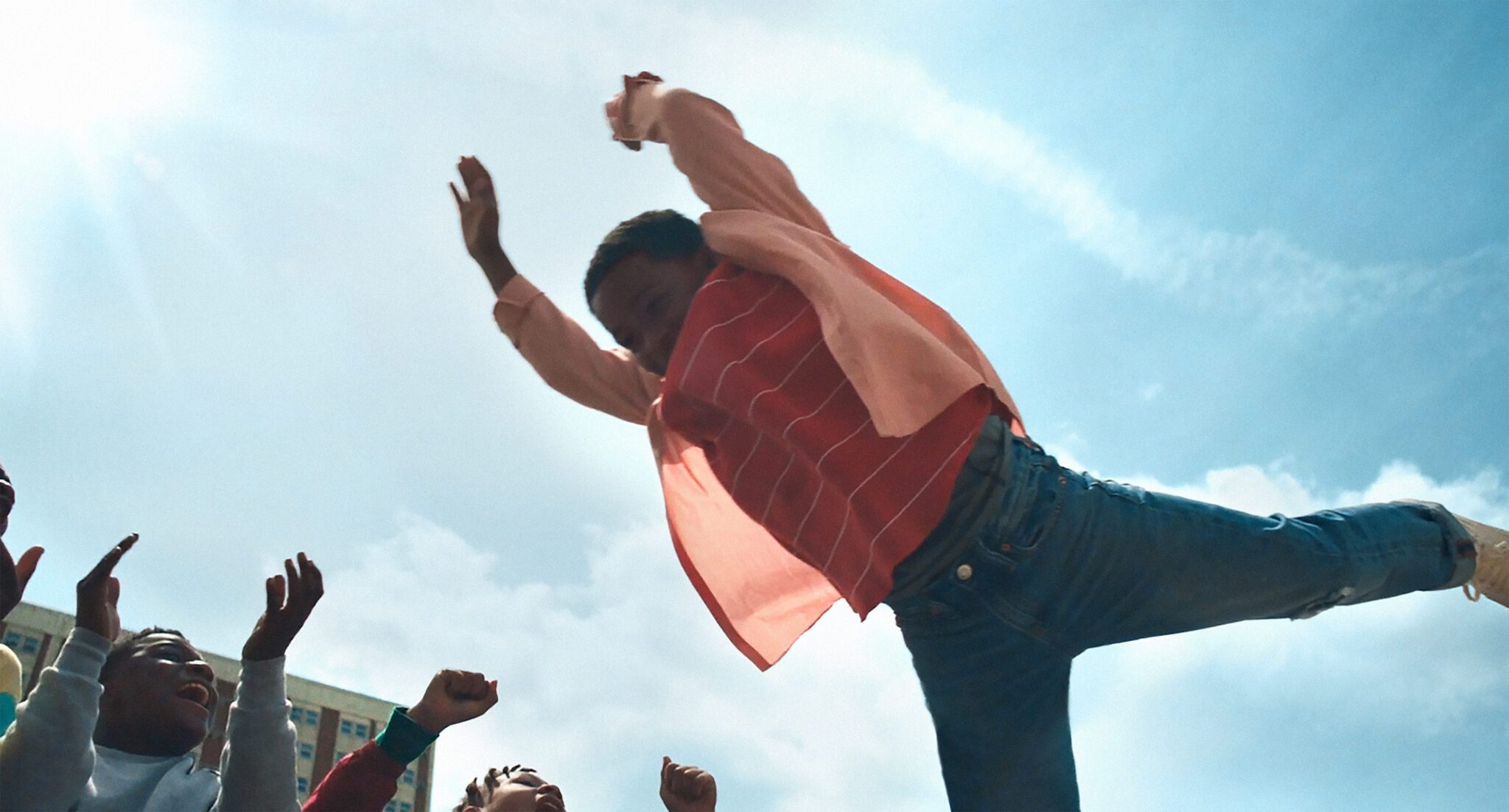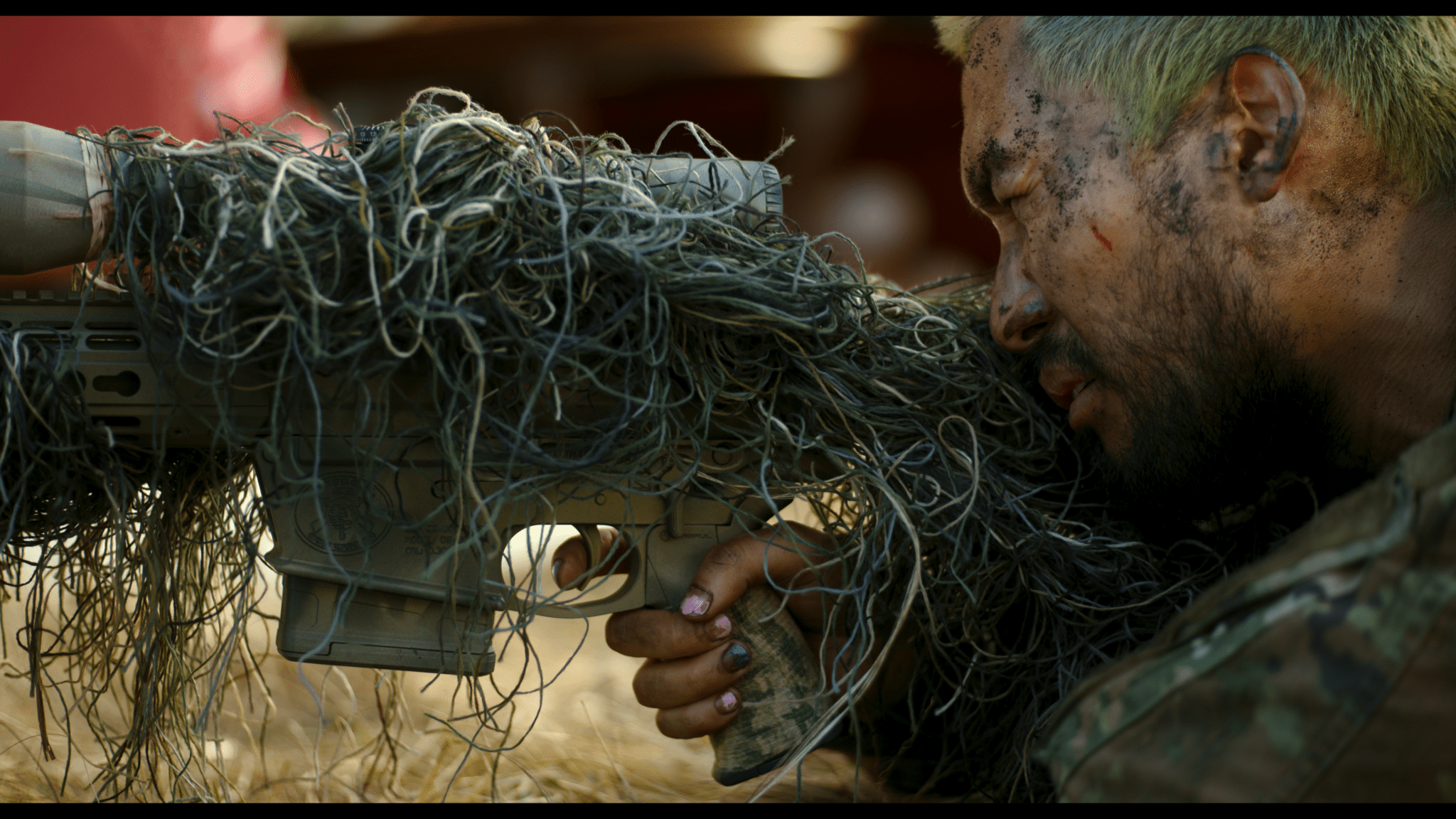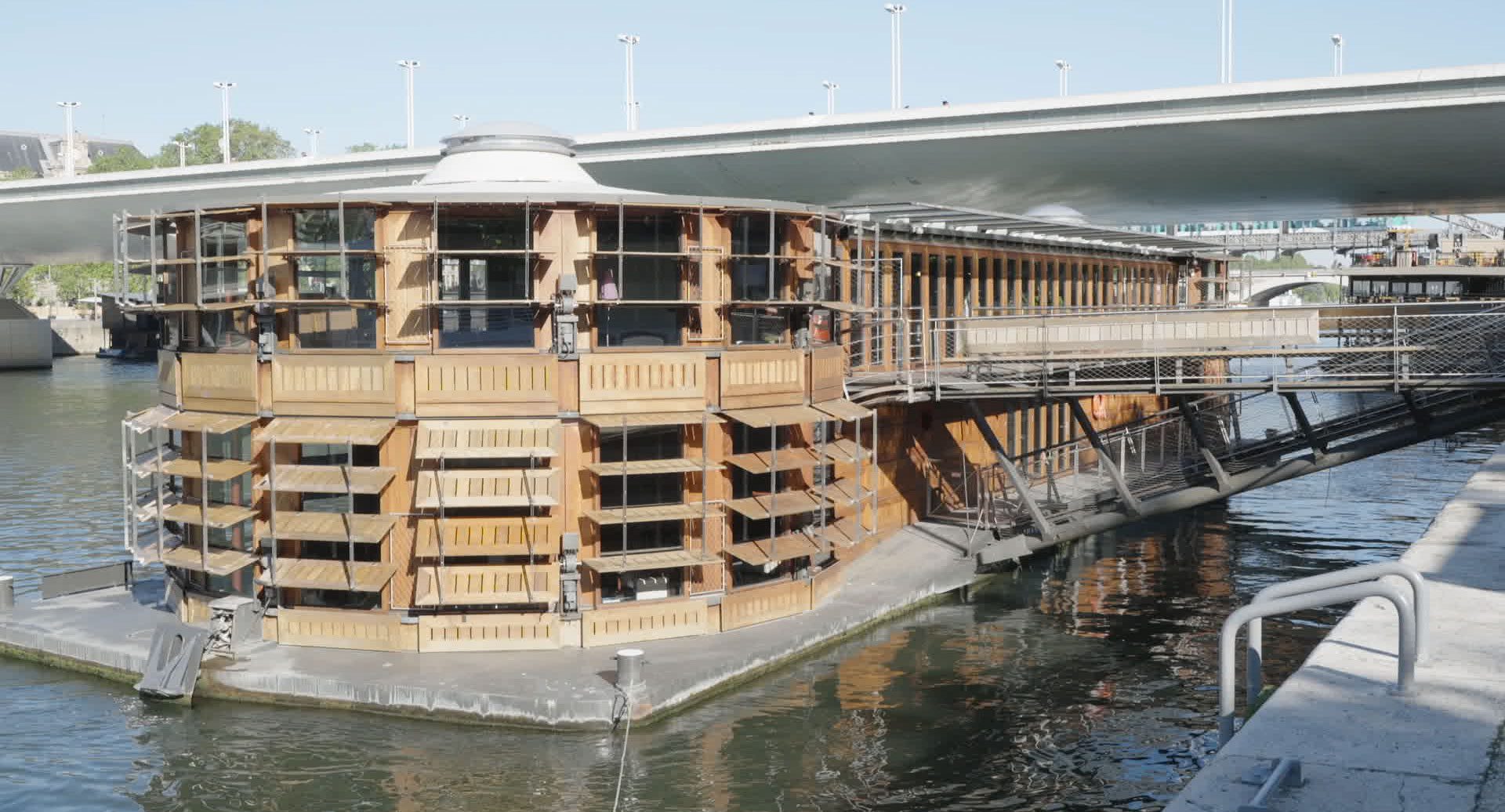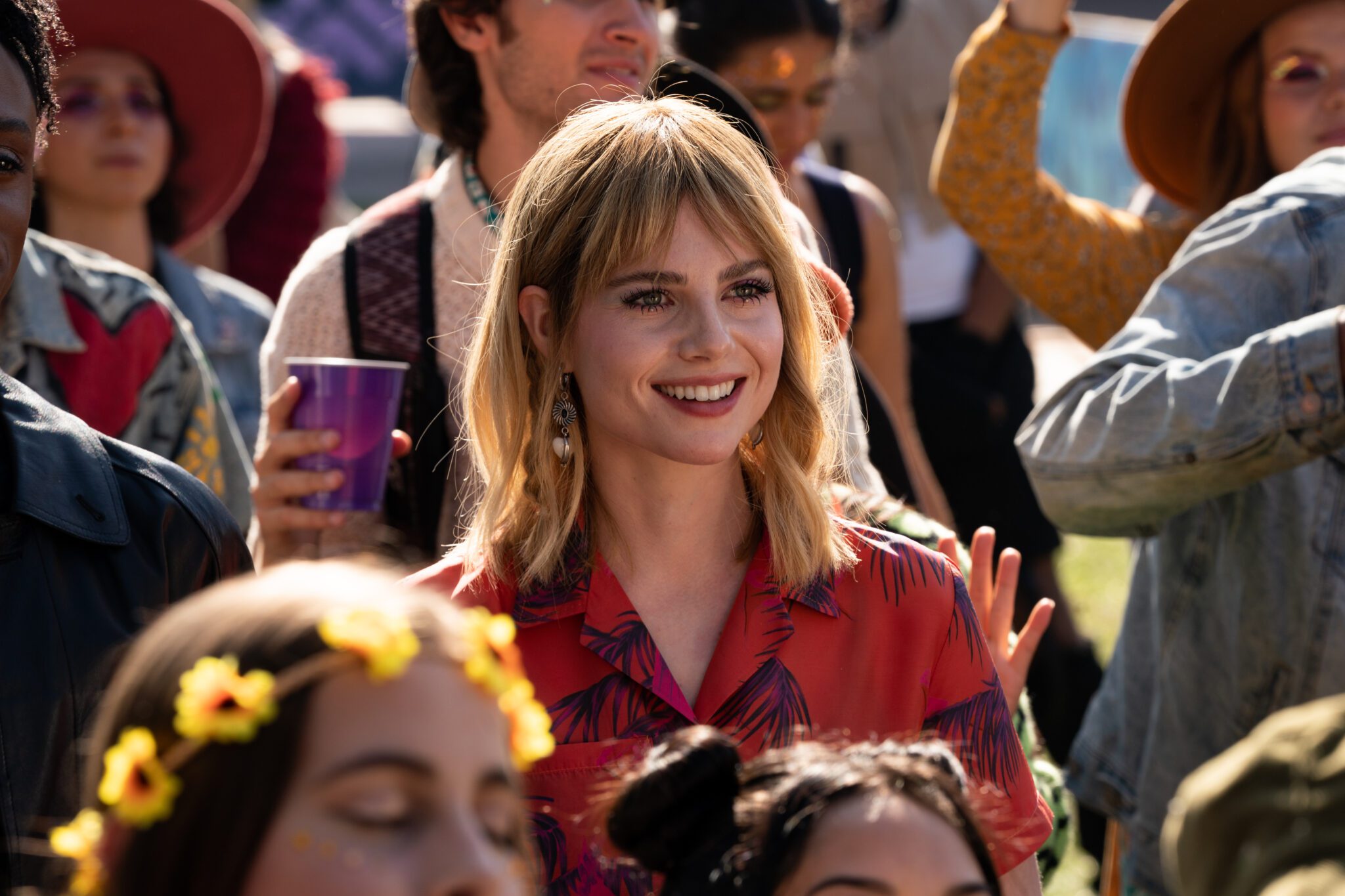I recently had a chance to talk by phone with Andrew Heckler about his film Burden. The film recounts the story of a man (Mike Burden, played by Garrett Hedlund) who was heavily involved in the Ku Klux Klan. When he chose to leave the Klan, he was taken in by a black Baptist minister (Rev. David Kennedy, played by Forest Whitaker).
How did you come upon this story?
I read a blurb in a small newspaper in 1996 that says ?Klansman opens Redneck Shop and KKK museum in small town town square.? And I couldn?t believe it. In 1996. You think that kind of story only exists in the Fifties and Sixties. It was amazing to me, so I put it in a folder and thought maybe I?d get back to it and write it. But before I could, about eight months later I saw another story and that said, ?Klansman sells Redneck Shop and KKK museum to black Baptist minister.? At which case I almost fell off my chair because I just couldn?t believe the story. So I actually picked up the phone and called the Reverend and actually headed down to Laurens, South Carolina and I spent around ten days down there getting to know the congregation and the Reverend, getting to know the town of Laurens, South Carolina. Once I met them, I couldn?t help but fall in love with the story and fall in love with the people. That really was the spark.
In the press notes, it mentioned that you went undercover to meet Klansmen. Tell me a bit about that.
Yeah, that?s true. What I realized is after I met the Reverend and the congregation, and really got to know them and got the flavor of them, I really believed that in order to write this story, I needed to understand and get to know?at least to understand and empathize with the Klansmen. If you?re going to be writing a story about what it takes to get someone out of this sort of family of hatred, you better know the person and what the family was all about. So I basically called the Redneck Shop and KKK Museum and I just said, ?I?m heading to Hilton Head and I?d love to stop by, I?m a member of your organization in Colorado and I?ve heard a lot about you guys.? They were very welcoming. I ended up going back down to Laurens and spending some time there with the Klansmen at the shop and spent a lot of time in areas were there were known Klan hangouts, and just got to know them a little bit better. Now what you really have to do is just put all of your personal beliefs aside and just kind of open up your eyes and your ears and take in where they?re coming from. And have empathy for who they are and where they?re coming from in order to tell a truthful, honest, and authentic story. So that?s what I did. I don?t think the movie would have had any of the complexities that it has unless I actually done that and got to know them a little bit.
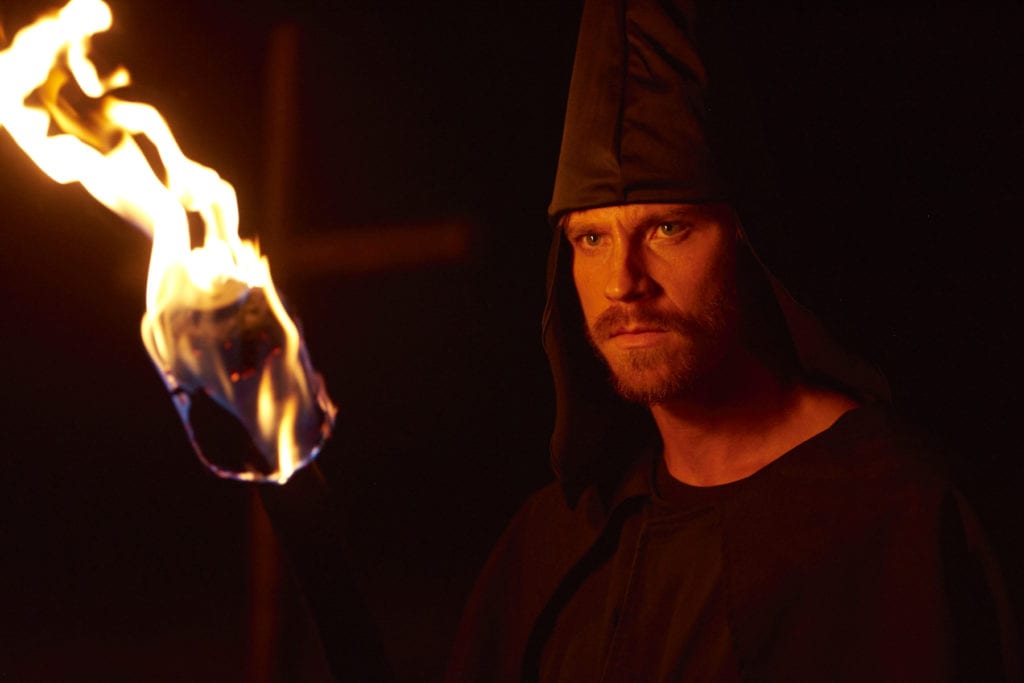
You also spent time in Rev. Kennedy?s church and with Mike Burden. How was that experience?
My time with the Reverend Kennedy was amazing. He really is a man who?s willing to help not only African Americans but literally anyone. In Laurens, there was a line outside his office door on a daily basis?people that were coming to him who faced some sort of injustice. Black, white, Hispanic, it didn?t matter. If there was injustice, the Reverend would pick up and take off and go chase it down. He was very difficult to corner because he was always running around trying to solve different injustices that had been perpetrated on people who came to him. But also getting to know the congregation, and getting to spend a lot of time there, I just realized that the people of the congregation had so much joy. They were just dancing and singing, and just filled with life. It was really wondrous to see them down there. In addition, there?s the character who?s played by Usher Simpson. He and I spent a lot of time riding around. He told me so many things I could never imagine. But the realities of race relations, and where people fit in the world and economics down there were truly not black and white, but very, very gray. I owe him a huge debt of gratitude for that time he spent with me.
As far as Mike Burden goes, Mike and I developed a relationship over a long period of time, and had become very close and trusting friends. I admire Mike and what he?s done with his life, because he was on a one way path down the road of endless hatred and bigotry. Through the love of Judy, honestly, and the Reverend, he?s a changed man. He?s always been a very complicated individual. He was a real, real tough tough guy. He?s a very vulnerable soul as well. You can only imagine if he had not grown up, you know, in dire economic circumstances, if he?d not grown up in a really, really screwed-up family, if he?d not grown up with all the abuse that was heaped on him as a child, who he could have become. But he was very vulnerable and he was able to be hijacked by a family that really looked like family and felt like family, but it was a family built on hate. And families built on hate are only skin deep. So at that point for Mike Burden any family, any sign of attention or compassion or what would look like love, was welcome to him
The story takes place over 20 years ago. How have things changed in the community in that time? And what hasn?t changed?
It?s hard for me, honestly, to give you an in depth answer to that. I can tell you what?s changing now, what?s exciting now is that we?re using some of the proceeds from the theater and some of the partnerships we?ve established with some major corporations, our goal is to jump start the conversion of the KKK Museum into a center of tolerance and community of love in the center of Laurens Town Square. I think it?s an amazing project to think that space which was once steeped in hatred can now be steeped in tolerance and love. But as far as the race relations in Laurens, South Carolina, I?m not qualified really to speak about it. We didn?t shoot there. We shot in a very, very small town in Georgia.
I think that we?re all seeing what was someone relegated to small towns, the sort of open racism and bigotry that was relegated to small towns in 1996, now the lids been sort of brought off of it and we?re seeing it everywhere now. I know that when we filmed in Georgia there was a lot of interesting, if not hateful, dynamics going on. Also a lot of love and support. I?m sure it?s the same in Los Angeles and New York. I try not to let myself think it?s only in small southern towns or the South in general. This kind of racism and bigotry right now is not only in the United States but everywhere. I hear from people in Italy. We?re going to Italy with the movie because of the Syrian refuge crisis, and so they?re having a lot of issues right now with racism and bigotry in Italy, and they think the movie will play there. I?ve heard it a lot from people in the UK that have suffered at the hands of people because they?re Paki. There?s a lot of Indians and Pakistanis in the UK that are being marginalized and sort of persecuted for their race. It?s all over.
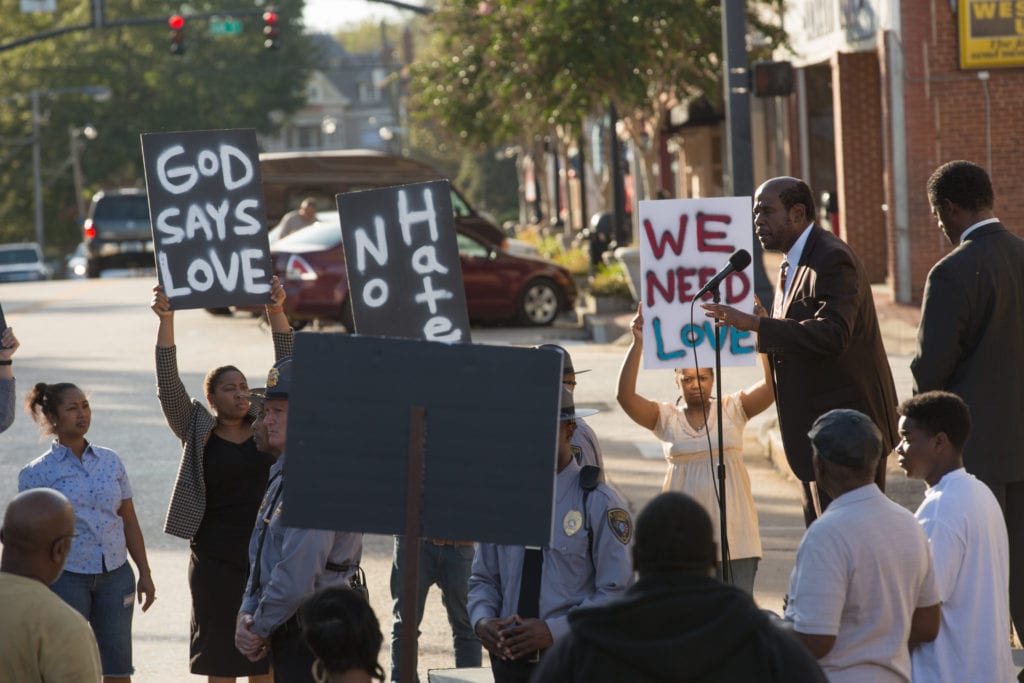
As you went through the process of creating this film, what did you learn about racism in your own life?
Oh, yeah! The messages in the film are fairly easy to digest. The real message is do unto others as you would do unto yourself. It?s the most simplistic of rules, period, and it?s leading throughout the entire movie. But it?s not easy. I look at my own life and the way that I deal with my family, my neighbors, and society around us, I have to think about things in a much simpler way, too. There?s a lot of times when you live and you don?t get along with your neighbor. And for what reason? Nobody knows. Strangely enough that?s a form of what?s going on in the movie in that it?s a label instead of actually opening your eyes and communicating with people. So in terms of racism in the movie and what I?ve learned about myself, is to really pay attention to when I?m not actually engaged in a discussion or conversation, when I?m not opening my heart and my eyes, but blindly labeling people, blindly being polarized and hating for no reason. The movie?s taught me quite a bit about empathy, and that you can?t affect any change until you put yourself in someone else?s shoes and live there for a while, and try to get their perspective on things.
Before finishing up, I know you touched on this a little bit earlier, is there anything you want to share about the #RehabHate hashtag the film promotes?
Sure, I just think nothing would be a greater irony than to convert that space of hatred into a space of love. I hope that can be a metaphor for what we can actually do?not only to physical spaces?but to the hearts and minds of people across this country right now, who are so polarized and entrenched in their positions that they can?t even see anybody right now. Like I said, I hope it?s a metaphor, and I think that Mike Burden really says it best when, at the end of the movie the real Mike Burden said, ?She was able to see it. She saw who I was underneath the hatred. She saw that little hole in me. And she started chipping away and chipping away until that hole got bigger and bigger.? I would ask everybody to look for the hole in that other person who you think you hate. Look for the hole in the person you don?t agree with. And try to see if your hole also be seen and chip away and chip away until that hole gets bigger. I think that?s what the Redneck Shop conversion into #RehabHate means.

